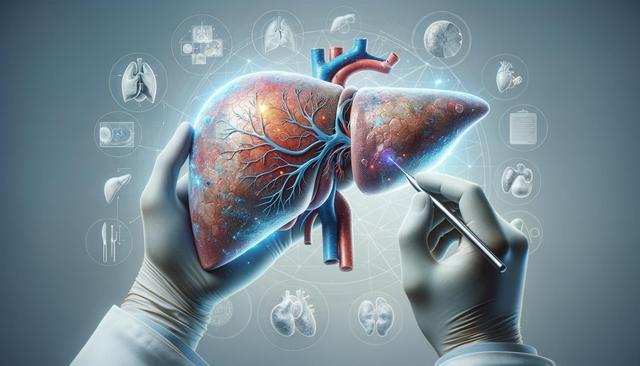The Importance of Regular Bowel Movements
Digestive health plays a vital role in the body’s ability to absorb nutrients and eliminate waste. Regular bowel movements are not just about comfort; they are central to preventing a range of gastrointestinal issues. When the body fails to eliminate waste effectively, toxins can accumulate, potentially leading to bloating, discomfort, or even more serious conditions. A healthy bowel routine supports the immune system, keeps energy levels steady, and contributes to a balanced internal environment.
Signs of irregular bowel habits include:
- Infrequent stools (fewer than three times per week)
- Hard or lumpy stools
- Straining during bowel movements
- A feeling of incomplete evacuation
Addressing these symptoms early can help prevent complications and improve quality of life. Understanding the root causes—whether dietary, lifestyle-related, or medical—is key to finding the most effective relief strategy.
Diet’s Role in Promoting Bowel Relief
Diet is one of the most influential factors in achieving bowel relief. A fiber-rich diet can do wonders by adding bulk to the stool and promoting regularity. Soluble fiber helps soften stools, making them easier to pass, while insoluble fiber aids in moving material through the digestive tract efficiently. Foods that support digestive health include:
- Whole grains like oats, barley, and brown rice
- Fruits such as apples, pears, and berries
- Vegetables including broccoli, carrots, and spinach
- Legumes like lentils, beans, and chickpeas
In addition to fiber, hydration is essential. Water helps fiber work more effectively and keeps the digestive system lubricated. Limiting processed foods, which can slow digestion due to low fiber content and high fat or sugar, is also recommended.
The Benefits of Physical Activity
Movement isn’t just good for muscles and the heart; it also benefits the bowels. Regular physical activity stimulates the natural contraction of intestinal muscles, helping to move stool through the colon more efficiently. Even moderate exercise can make a noticeable difference in relieving constipation and supporting regularity.
Some effective activities for promoting bowel relief include:
- Walking or light jogging for 20–30 minutes daily
- Yoga poses that massage abdominal organs
- Cycling or swimming for low-impact cardiovascular support
Staying active also helps manage stress, which can have a direct impact on digestion. Chronic stress may disrupt the function of the gastrointestinal system, so integrating relaxation techniques can further enhance the benefits of exercise.
Natural Remedies and Supportive Habits
For those seeking non-medical options, a number of natural remedies and habits may offer gentle bowel relief. Herbal teas like peppermint, ginger, or chamomile can soothe the digestive tract. Supplements containing psyllium husk or magnesium citrate are also commonly used to support regular bowel movements. However, it’s important to use these remedies responsibly and consult a healthcare provider if symptoms persist.
Supportive habits to encourage bowel regularity include:
- Establishing a consistent bathroom routine
- Allowing adequate time for bowel movements without rushing
- Responding promptly to the urge to go
- Maintaining a balanced sleep schedule to regulate bodily functions
While these approaches may not provide instant relief in all cases, consistent application can lead to gradual and lasting improvements in bowel health.
When to Seek Medical Advice
While lifestyle and dietary changes can address many common bowel issues, there are times when medical input is necessary. Chronic constipation, persistent diarrhea, or unexplained changes in bowel habits could indicate an underlying condition such as irritable bowel syndrome (IBS), inflammatory bowel disease (IBD), or a gastrointestinal obstruction. Seeking professional advice ensures that any serious issues are identified and treated appropriately.
Red flags that warrant a visit to a healthcare provider include:
- Blood in the stool
- Unintended weight loss
- Severe abdominal pain or bloating
- Sudden changes in bowel patterns with no clear cause
Timely evaluation can lead to early diagnosis and more effective treatment. It’s important not to rely solely on over-the-counter solutions for ongoing symptoms without understanding their cause.
Conclusion: Taking Control of Your Digestive Health
Achieving bowel relief is a crucial part of maintaining overall health. By focusing on a balanced diet, regular physical activity, stress management, and supportive daily habits, many individuals can experience improved digestive function. While occasional irregularity is common, persistent symptoms should be addressed with the help of a healthcare professional. With the right approach, it’s possible to support a healthier, more comfortable digestive system and improve overall quality of life.




Leave a Reply